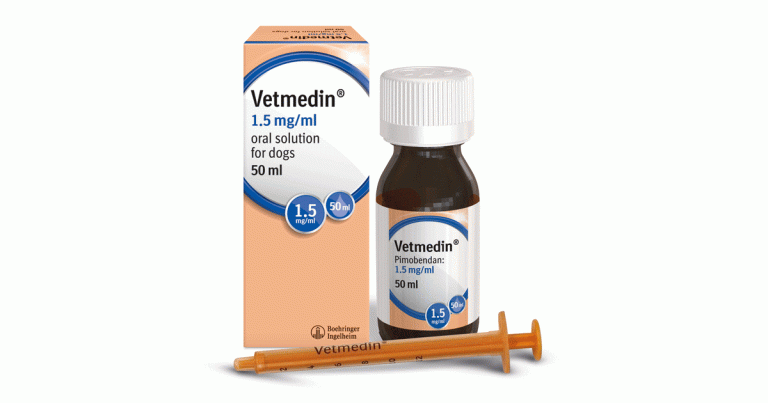8 Jul 2025
Liquid treatment designed to increase patient compliance by allowing easier administration.

The oral solution, adding to the existing chewable tablet version, has been designed with the trickiest patients and small dogs in mind.
The solution has the same active, pimobendan, as the chewable tablets.
In its launch release, Boehringer Ingelheim said: “It’s ideal for small dogs, who can be difficult to tablet, as it is an easy-to-give liquid and has a sweet taste. In small dogs it can also be difficult to achieve precise dosing due to their size. However Vetmedin Oral Solution enables the optimal dose to be given, due to its kg-bodyweight calibrated syringe, which can’t always be achieved with tablets.
“Vetmedin Oral Solution is also ideal for dogs that need dental work but require treatment for their heart disease before general anaesthesia. These dogs might struggle to eat chewable tablets due to oral discomfort, so a liquid treatment can be a better option.”
1. Keene BW et al (2019). ACVIM consensus guidelines for the diagnosis and treatment of myxomatous mitral valve disease in dogs, J Vet Intern Med 33(3): 1,127-1,140.
2. Häggström J, Boswood A, O’Grady M et al (2008). Effect of pimobendan or benazepril hydrochloride on survival times in dogs with congestive heart failure caused by naturally occurring myxomatous mitral valve disease: the QUEST study, J Vet Intern Med 22(5): 1,124-1,135.
3. Boswood A, Häggström J, Gordon SG et al (2016). Effect of pimobendan in dogs with preclinical myxomatous mitral valve disease and cardiomegaly: The EPIC Study – a randomized clinical trial, J Vet Intern Med 30(6): 1,765-1,779.
4. Summerfield NJ et al (2012). Efficacy of pimobendan in the prevention of congestive heart failure or sudden death in Doberman pinschers with preclinical dilated xardiomyopathy (The PROTECT Study), J Vet Intern Med 26(6): 1,337-1,349.